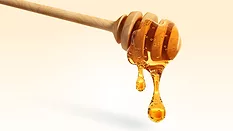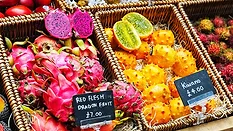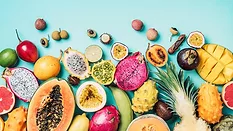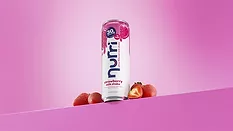
Botanicals and adaptogens offer plethora of potential health benefits for beverages
As consumers continue to demand more than hydration from their beverages, manufacturers are turning to new ways to deliver on functionality and clean label preferences.




